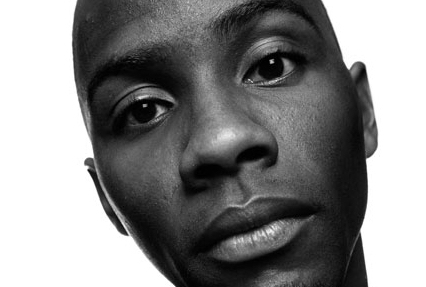Age: 29
Job Title: Rapper, radio DJ and music consultant, Music for Mavericks
Why He’s a Top 40: For immersing himself in music as an artist and a teacher to make the industry more swimmable for other local musicians
“Music is my life,” says Marlon Wilson, better known as Arlo Maverick, co-founder of Music for Mavericks records and one-third of the award-winning rap group, Politic Live. “If I wasn’t doing this, I wouldn’t be doing anything.”
He’s a rapper, yes, but that’s just a limb to his body of work. He’s also a record label CEO, radio show host, grant writer, board member of the Alberta Music Industry Association, food bank fundraiser and mentor to youth of many backgrounds. But whatever Wilson does, even the youth work, it’s done by utilizing hip-hop music. “Every breathing moment is committed to music in one way or another.”
Not long ago, Wilson was an eager teenager in a Canadian-Jamaican household, digging through records with his cousin Bert Richards (now known as Dirt Gritie, also in Politic Live) and wondering: Is a rap career in Edmonton even feasible? To industry professionals, living here was seen as a handicap, but Wilson reminds people, “If you were to say that about Cadence Weapon before [his debut album] Breaking Kayfabe dropped, you’d be a fool.”
Now, looking at a city that boasts artists like Juno-nominated Soulja Fyah and Kreesha Turner, and watching videos by his own group and his proteges on Much Music and MTV Canada, Wilson is proud to have been a key player in all of it.
As a grant writer, Wilson can be linked to more than $200,000 in arts funding for Alberta musicians, thanks to his expert knowledge of the local industry. But it’s not just artists he aids. Wilson’s dedication to struggling communities is clear in his Hip Hop for Hunger concerts, which have raised almost 3,000 kilograms of non-perishables for the food bank since 2002. As well, several youth centres have hired Wilson as a mentor. “A lot of the kids I work with, their parents don’t even want them to listen to hip hop,” he says. “But if I can find a way to show them that you can use this medium to empower your children, they say, ‘Go ahead.'”
Despite the hyperbolic glitz of rap music – and Wilson’s very real hustle in it – he admits it hasn’t paid off financially as well as it has soulfully. That might not be the case if he relocated to Toronto like many of his counterparts, but the city that raised him is too important to him to be left behind.
